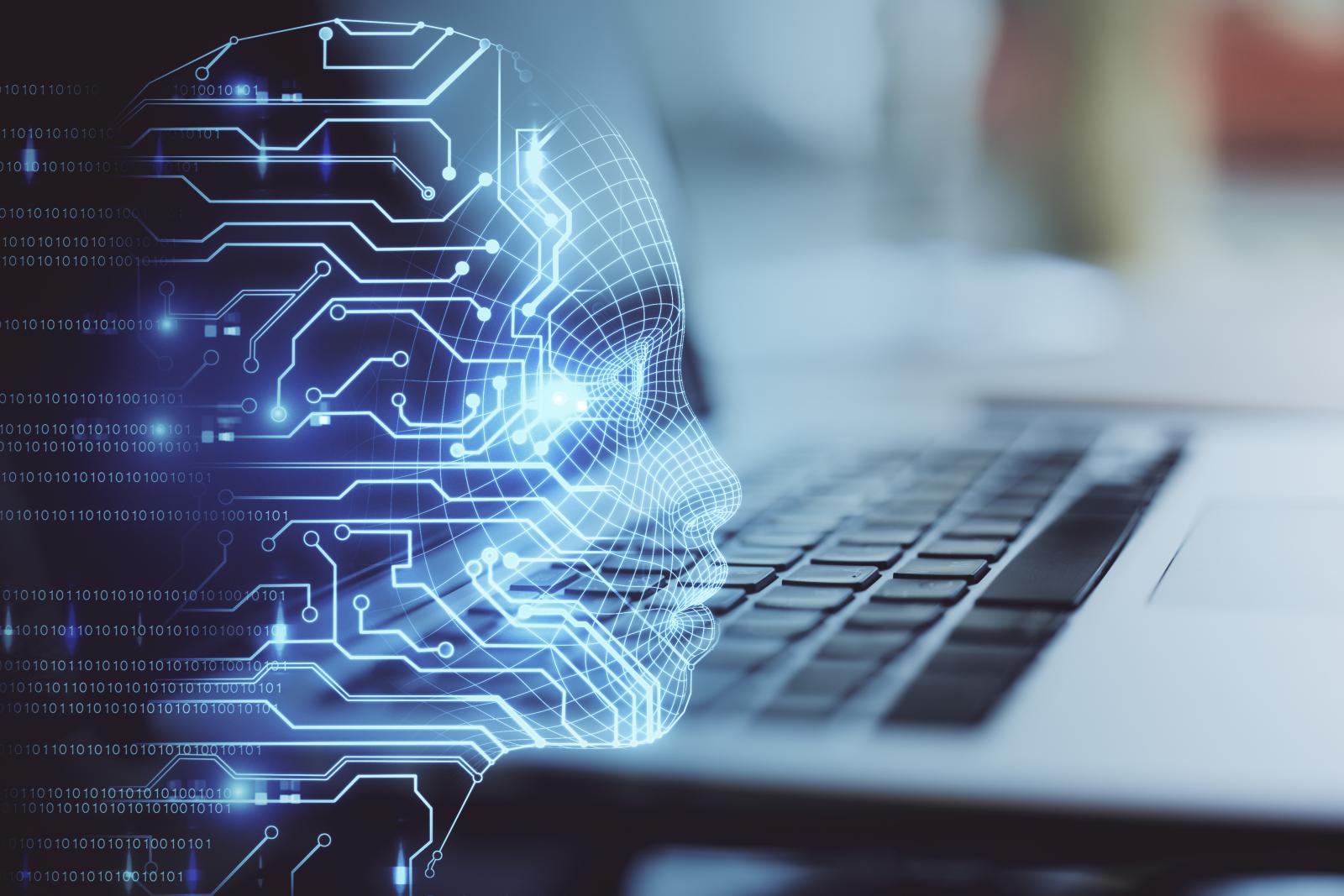Machine Intelligence
The certificate program in machine intelligence provides a strong technical education in the software and hardware aspects of machine intelligence. This certificate offers an alternative to a master of science degree program for professionals who wish to align their background with the rapid changes in the scalable and efficient implementation of machine learning and machine intelligence, and who want to expand their education beyond the bachelor's degree but might not have the time to commit to a full graduate degree program.
The training and operation of machine learning systems are continuously increasing in complexity requiring increased computational, energy, and financial resources. Therefore, the implementation of these systems has to be efficient with interdisciplinary considerations at the intersection of algorithms, hardware, and targeted applications.
All courses are held in a hybrid format combining online and in-person teaching activities taking place on GW's main campus in the Foggy Bottom neighborhood of Washington, D.C. Courses are typically held in the late afternoon or early evening to accommodate working professionals.
Learning Outcomes
The objective of this certificate is to provide a coordinated four-course sequence covering the frameworks, systems, and applicability of machine intelligence. Students will get a comprehensive view and hands-on skills related to basic and advanced algorithmic concepts, challenges, and opportunities for efficient implementations in existing and emerging hardware technologies as well as its applications and the larger societal impact. The learning objectives are as follows:
- Apply knowledge on principles of machine intelligence systems to applications and problems
- Design modern hardware implementation criteria, limitations, and prospects of machine intelligent systems
- Setup, design, train, and perform machine learning and machine classification tasks
- Apply understanding on machine-learning algorithms to hardware homomorphisms, such as machine learning accelerators or ASIC systems both in electronics and photonics to optimize a machine intelligence and AI system given constraints
- Apply knowledge and skills in programming, training, and validating various types of neural networks
Program Requirements
12 credits, including 9 credits in required courses and one 3-credit elective course.
Required coursework
ECE 6210: Machine Intelligence
ECE 6150: Design of Interconnection Networks for Parallel Computer Architectures
ECE 6882: Reinforcement Learning
Electives
ECE 6045: Special Topics
ECE 6850: Pattern Recognition and Machine Learning
Admissions Requirements
Prospective students must fulfill the certificate admissions requirements through submission of a complete online application form and other documents as listed by the deadlines noted.
Transfer to Master's Program
Upon successful completion of a graduate certificate program, students have the option to transfer credits to a full master's program at the School of Engineering & Applied Science, pending successful completion of the master's program admissions requirements.
Current graduate students who wish to complete a certificate along with their master's or doctoral program must also follow the certificate admissions requirements but may opt to have their transcripts and documents transferred from their previous application. Please contact engineering@gwu.edu to make the request.
Please note: You must receive a B or higher in each course in order for it to transfer. Additionally, you must submit a new application for the selected master's program and provide the required documents and exam scores listed as part of the master's program admissions requirements.
Please note: First-time international applicants may not apply directly to a certificate program.
For any questions, please contact engineering@gwu.edu.


